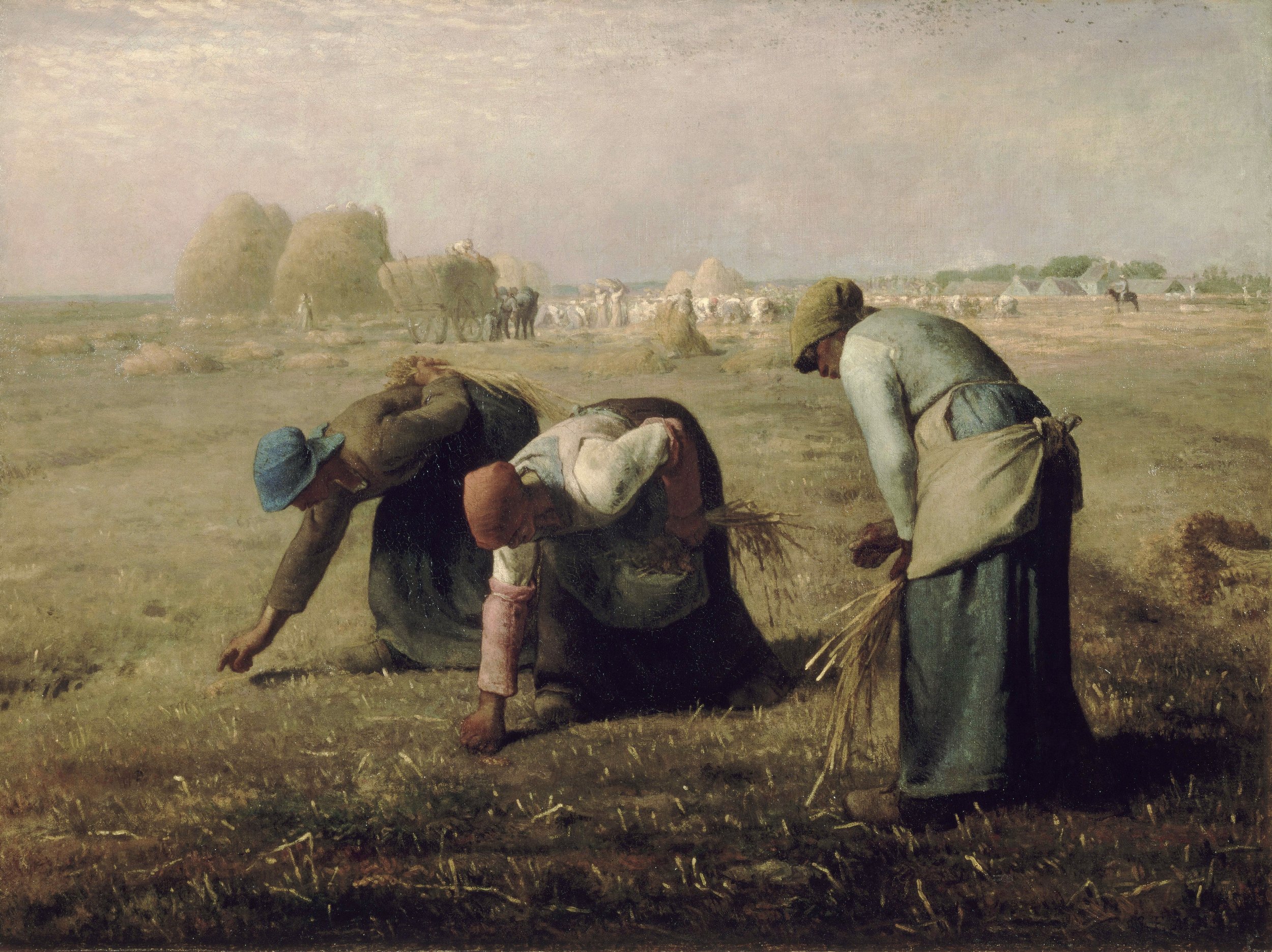
The Wisdom of the Body:
Theology of the Body and the Mechanical Arts for the Modern Age
A Protestant Theology of the Body Seminar
June 25-27, 2025
Nearly all the wisdom we possess, that is to say, true and sound wisdom, consists of two parts: knowledge of God and knowledge of ourselves. - John Calvin
As beautifully captured in its Nicene Christology and in the documentary symbols of the Reformed tradition, the Church has long confessed indispensable truths about God, including His nature, Word, and works, including how He has revealed Himself in his works of creation and providence, in Holy Scripture, and above all in the Word made flesh, Jesus Christ.
Compared with the past, however, we seem to find ourselves confronted less frequently with questions about the nature and works of God and far more frequently confronted by a deep, gnawing confusion over what it means to be human.
To some extent, this is understandable. The “progress” of the modern age has outpaced and outstripped humanity’s pre-modern self-understanding which had informed everything from marriage and family to education, economics, and politics. The relative novelty of extended lifespans, immunity to once lethal diseases, pills that suppress the body’s natural reproductive processes, nuclear power, instant communication over long distances, access to once-unfathomable amounts of information—these and countless other developments have transformed how we think of ourselves, experience the world, and relate to others and God. At the heart of our modern bewilderment is this solemn yet inescapable fact: the technological and cultural developments of the past two centuries have obscured the truth of who we are as embodied creatures.
In this seminar, participants will take this “crisis of anthropology” as a point of departure into an in-depth study and communal exploration of time, space, and vocation in God’s world, and thus what it means to live, work, relate, and worship as created, embodied persons. Drawing from the work of key figures in the theology of the body, phenomenology, Levitical ontology, and the mechanical arts, this seminar will take an interdisciplinary approach that integrates theoretical and practical components. In addition to reading selected works from Neil Postman, Albert Borgmann, Tim Ingold, John Paul II, Julian Marias, Wendell Berry, Ephraim Radner, and Robert Capon alongside Proverbs and Leviticus, selected participants will spend time considering and engaging in practices like communal prayer, woodworking, bread baking, and hospitality that take seriously our existence as embodied creatures.
Come prepared not only to learn but to laugh, feast, gain new friends, and then return to your daily labors and loves refreshed and invigorated.

Seminar Faculty
Mark Garcia, PhD
Greystone's founding President, Dr. Garcia is also Associate Professor of Systematic Theology at Westminster Theological Seminary in Glenside, PA, USA, and was the pastor at Immanuel Orthodox Presbyterian Church in Coraopolis (Pittsburgh) from 2007 to 2021. Dr. Garcia is also a credentialed sommelier with the Guild of Sommeliers.
Jared Hayden, MA
A graduate of Westminster Theological Seminary, Mr. Hayden is a Policy Analyst at the Institute for Family Studies and a Greystone Associate Fellow, and writes at his Substack Perishable Goods, a publication devoted to recovering the meaning of the body for the modern age. His research has focused on recovering and articulating a robust theology of embodiment for Protestants, with particular interest in tech policy and social issues.
Joshua Klein
Mr. Klein (Greystone Associate Fellow) is a ruling elder at Pilgrim Orthodox Presbyterian Church in Bangor, Maine and is founder and editor-in-chief of Mortise & Tenon Magazine. Klein has presented about historic craftsmanship at museums around the United States and has written articles for Fine Woodworking, Popular Woodworking, and American Period Furniture. Klein is author of four books, including Joined: A Bench Guide to Furniture Joinery (Mortise & Tenon, 2020), and Worked: A Bench Guide to Hand-Tool Efficiency (Mortise & Tenon, 2022).




